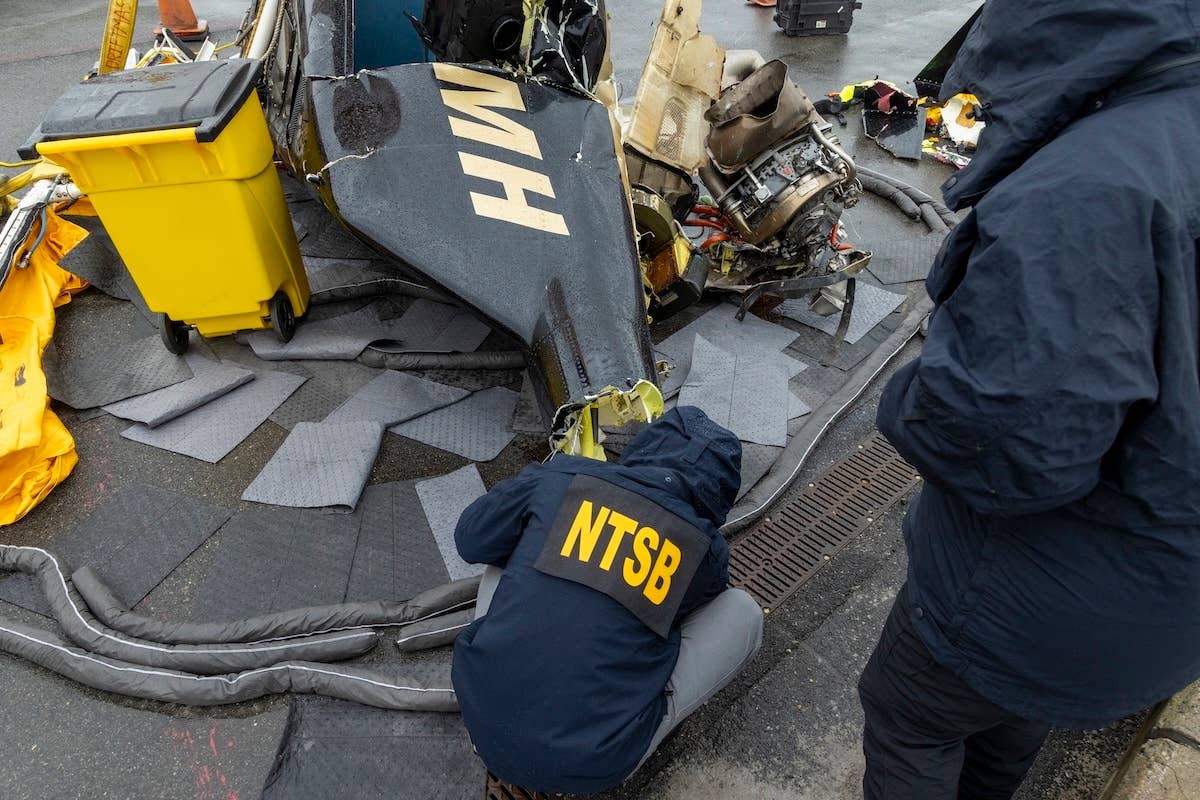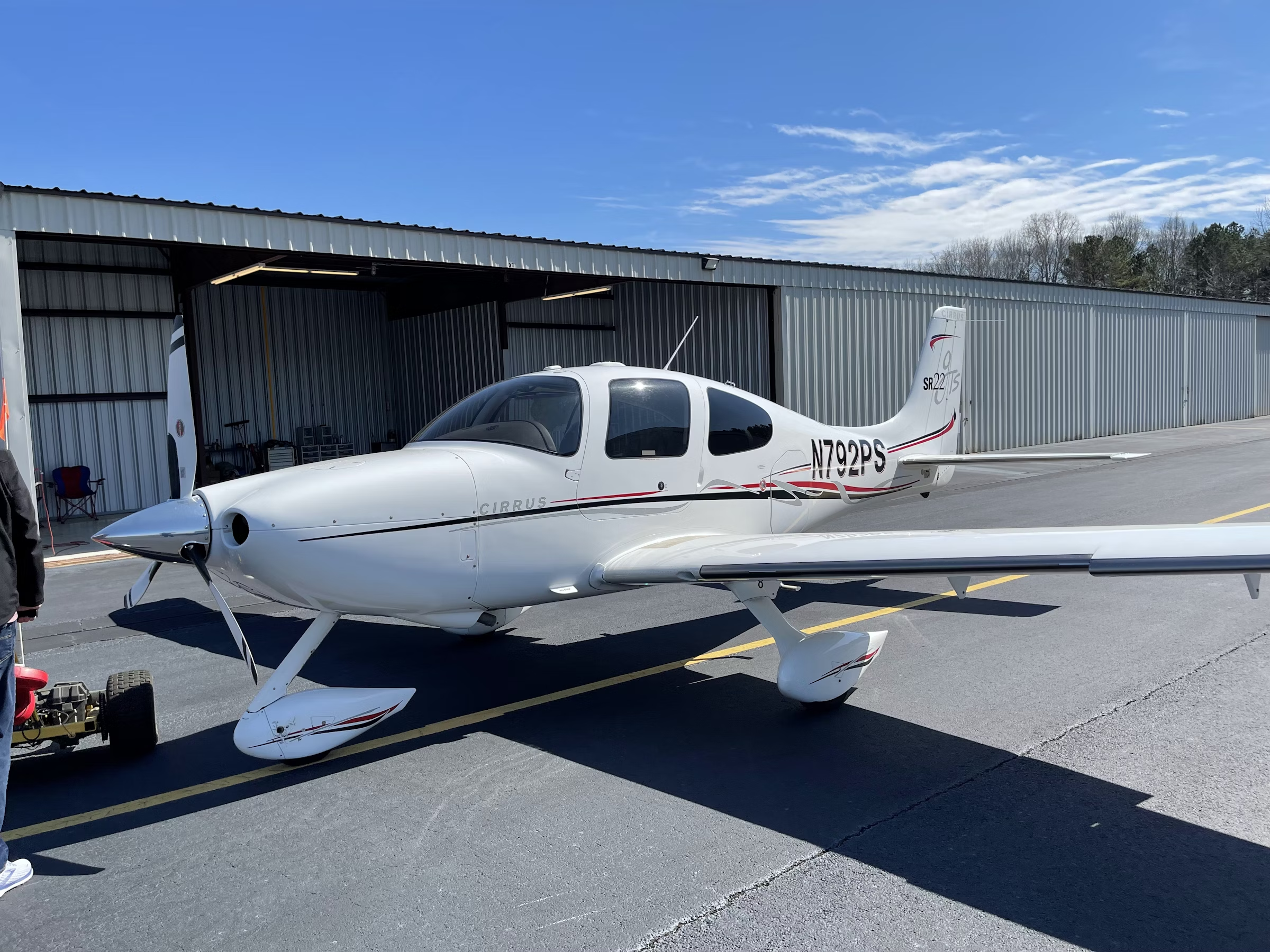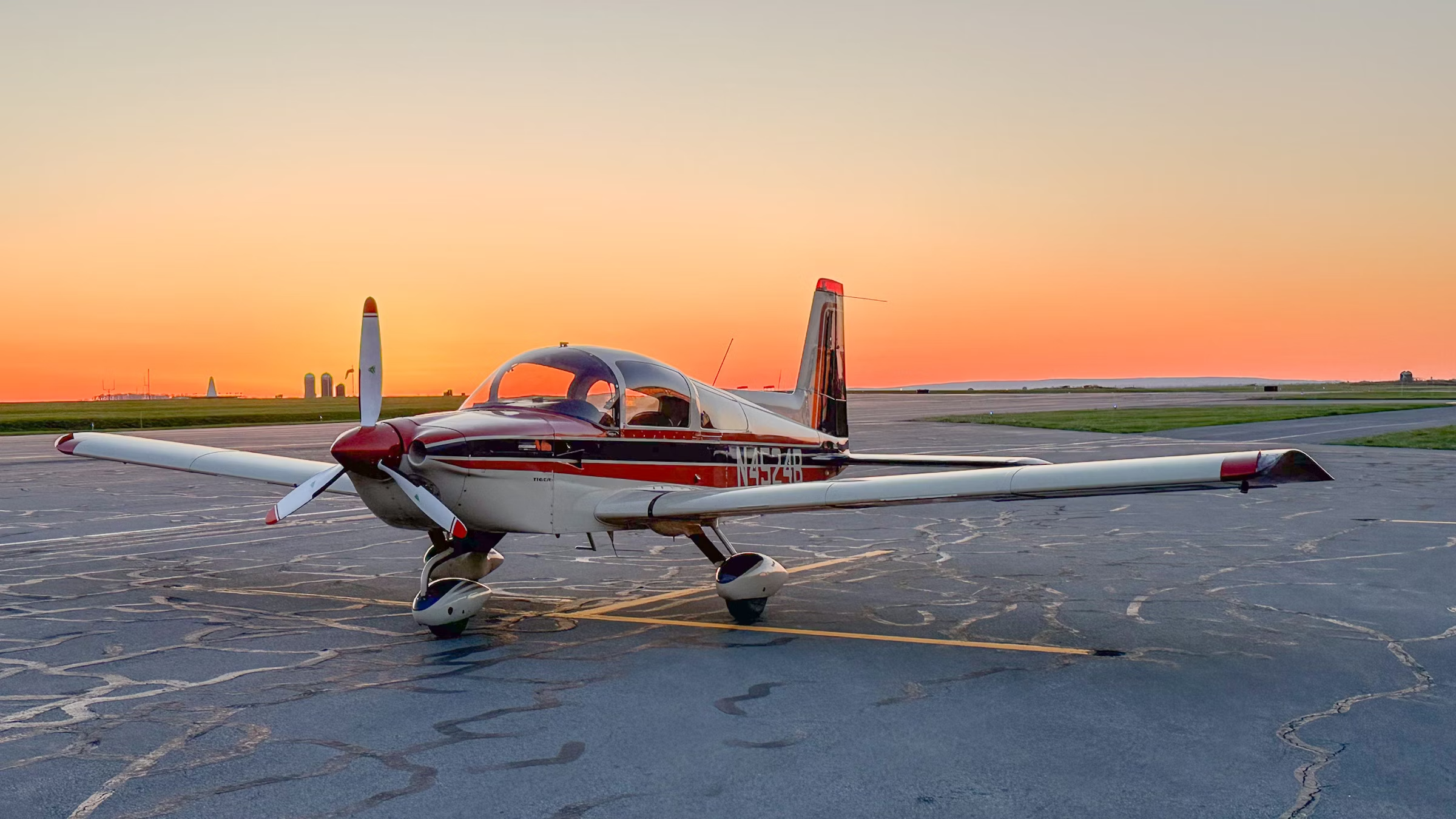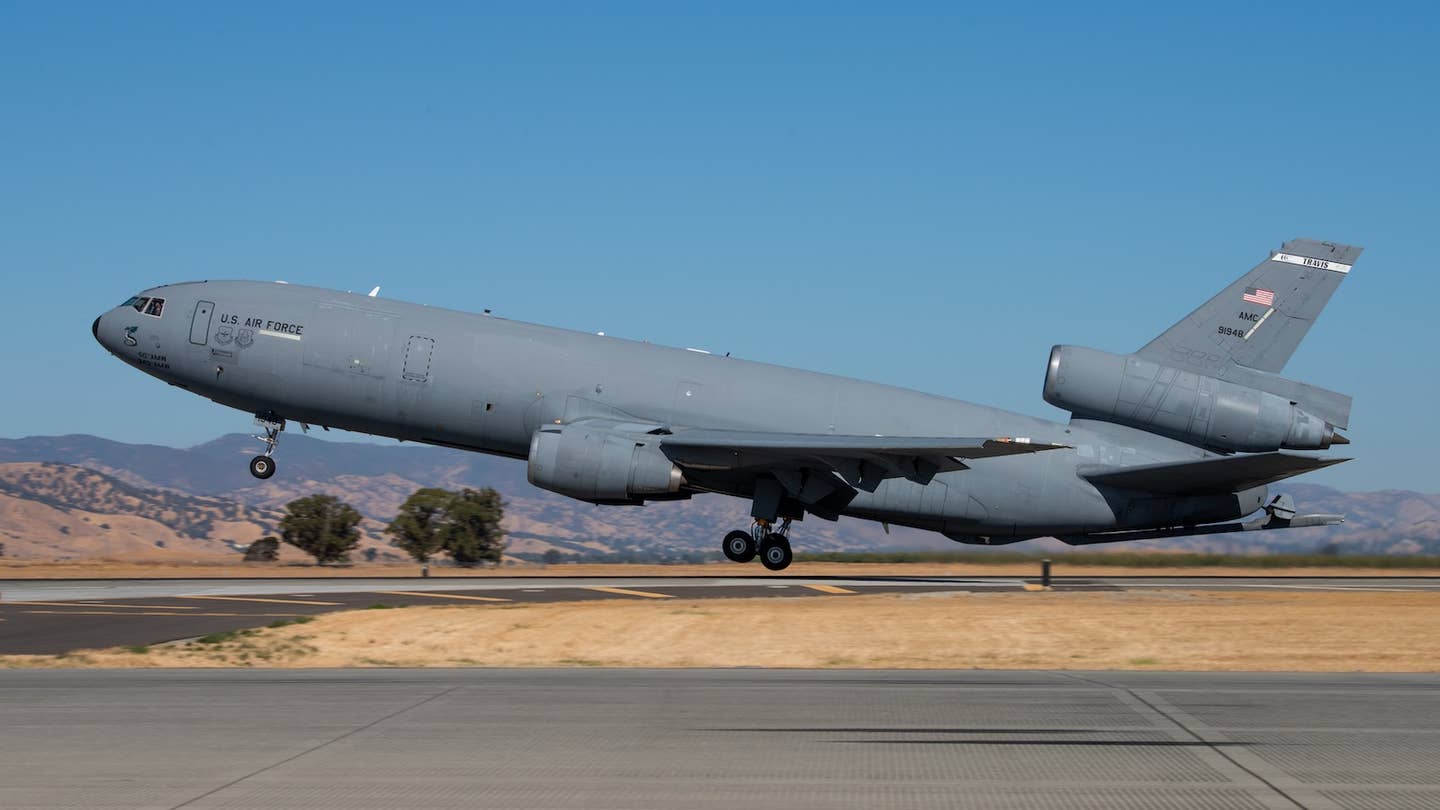Life Lessons and Surviving a Fight With Sheet Metal Screws
On a day when mechanical frustrations mounted, one of the single greatest features of an airplane turned out to be its former owner.
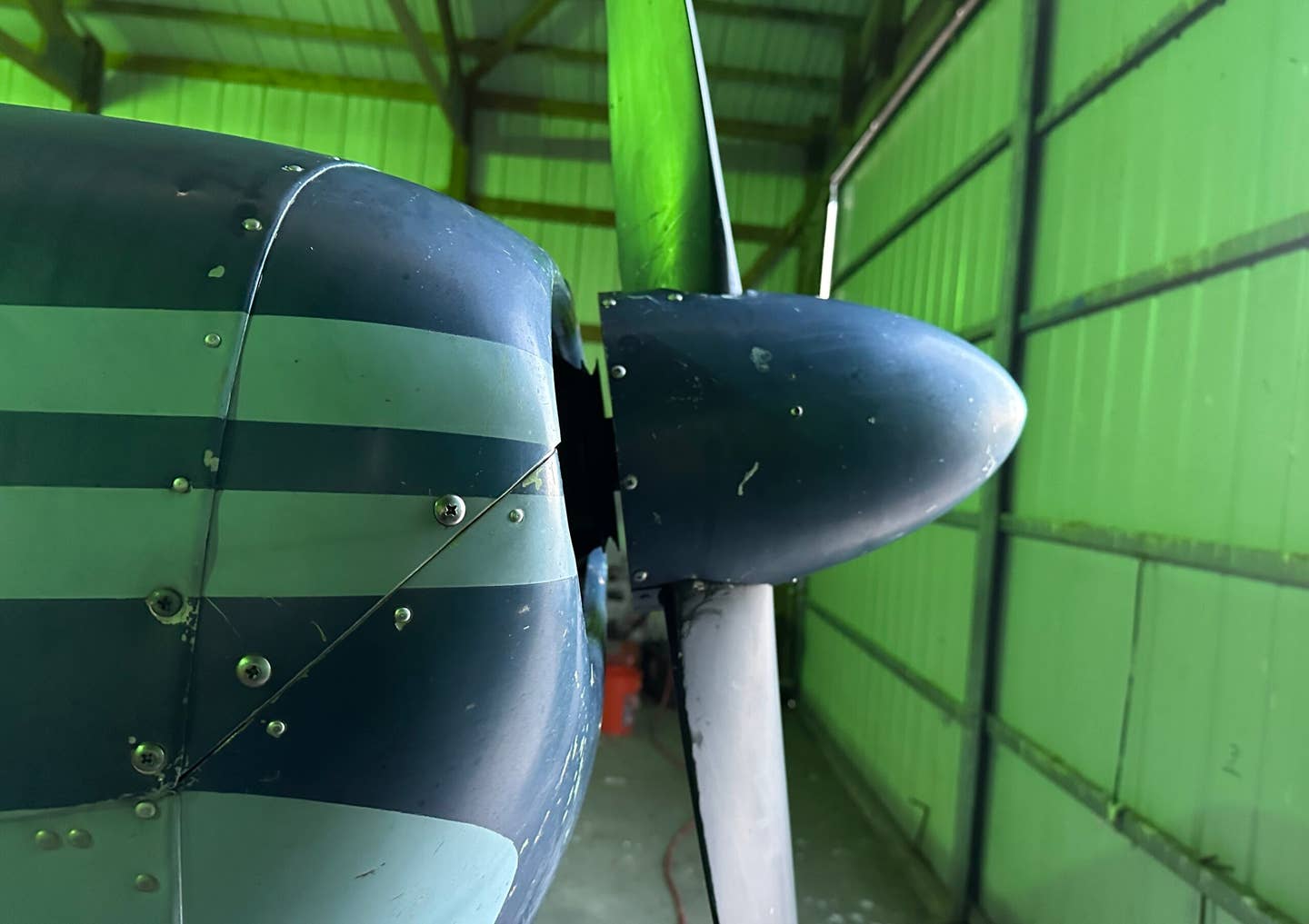
Lessons about ownership can appear in the most unexpected of places, so being on good terms with a previous owner can save the day. [Credit: Jason McDowell]
We all become angry and lose our tempers from time to time. Whether stemming from lost keys, an irritating coworker, or a loud neighbor, frustrations like these are simply a fact of life.
And while I have, over the years, become adept at coping with such challenges like an adult, the exasperation I recently felt when fighting the sheet metal screws that secure my engine cowling in place on an otherwise beautiful day truly tested me.
It’s not that the engine cowling is complicated. On the contrary, it’s simply two very lightweight aluminum shells that fasten to the airplane with an assortment of various screws. To remove the cowling, one simply unscrews each of them, and each half can then be gently lifted away from the airplane. To reinstall the cowling, the process is reversed. Should be no big deal.
When hobbled by a near-complete lack of mechanical ability, however, things become a bit more complex.
It’s my own fault. Growing up, my focus was on the piles of books and magazines that littered my room, and any opportunity to patiently focus on learning basic mechanical skills outside or in the garage tended to be quickly tossed aside in favor of more time reading FLYING or Car and Driver magazines.
Accordingly, my mechanical ability became—and remains—somewhat stunted.
On the day in question, I was attempting to reinstall the engine cowling, and those sheet metal screws were fighting me every step of the way. Some weren’t long enough for the threads to take hold. Others spun in place, refusing to tighten like the threads were stripped. Still others seemingly hit a stop after a few turns, stubbornly refusing to tighten at all.
It was infuriating, and I was getting to the point where I would have to surrender altogether and beg my mechanic to come save the day.
That’s when I remembered one of the single greatest features of my airplane—the friendly, seven-day-a-week support and knowledge hotline, otherwise known as Dick, the airplane’s former owner.
Dick and I keep in touch pretty regularly. Having purchased the airplane from his friend some 40 years ago, he has over half a century of familiarity with it. When the time came to hang things up and sell it to me, I could tell it was difficult for him to say goodbye to his trusty friend.
To help ease the pain, I promised to give him a call from time to time to update him on things. Since then, we’ve talked every couple of months. Our chats typically last an hour or more, the seesaw of conversation tipping back and forth between his experiences with the airplane in the past and my learning curve in the present.
Despite having sold it to me, he continues to harbor a deep sense of ownership for the 170.
Once, when I mentioned that the engine had developed a small oil leak, his reaction was one of shock and deep offense. He could hardly believe that the engine he had taken care of so well had the audacity to misbehave in such a manner, and he wanted answers. Fortunately, fixing the leak was a simple matter of replacing a crush washer, and all was well.
Time and time again, Dick has demonstrated how he’s a walking encyclopedia of 1953 Cessna 170B, serial number 26053.
Right-side fuel drain acting up? Ah, yes, he recalled, he replaced that one back in ’85, so it’s probably due. Brake rotors looking kind of thin? Well, even though he’s only really ever used them to help steer on the ground, they’ve been on there since the Carter administration.
So when the profanity subsided during the Engine Cowl Screw Incident of Summer 2024, I caught my breath, wiped the sweat from my brow, and decided to call my lifeline for help. It didn’t take long for Dick’s friendly, easy-going manner to bring me back down to earth.
And as usual, he managed to explain things in a way that made me feel smarter than I am.
First, he had me spread all the screws out in a big container. Then, he began to point some things out. See how there are a few screws that are shorter in length? Those go up front by the left intake to better clear the forward left valve cover where there’s virtually no clearance.
Oh, yeah. I guess those must have been the ones that weren’t biting or tightening down in other places.
Notice how the thread pitch is slightly different on a handful of them? Back in 1983, he converted the forward sheet metal screws and Tinnermans to machine screws and floating nut plates. This provides a more secure attachment up at the front of the cowl for safety.
Oh, yeah—those threads are indeed a little different. That would explain why I was unable to thread so many of them into place.
Dick methodically and clearly educated me on these finer points of the airplane, effectively talking me down from the ledge of incompetence and helping me to understand yet another mechanical aspect that had, up until that point, completely eluded me.
We chatted for a while longer, talking about flying, sharing some laughs, and updating each other on the latest happenings in our lives.
It occurs to me that among all the criteria one must consider when evaluating various airplanes to purchase, the friendship and support from a previous owner is one factor that is completely unaccounted for.
Classified ads don’t include the previous owner’s demeanor or friendliness. There’s no way to evaluate whether that person would be willing to help out with information or advice in the future or, indeed, whether they are even the kind of person with whom you’d like to stay in touch at all.
Perhaps it’s for the best. Because if such an evaluation system were in place and widely used, Dick would have increased the value of my airplane to a level well beyond my financial capability—and I’d never have been able to buy it to begin with.

Sign-up for newsletters & special offers!
Get the latest FLYING stories & special offers delivered directly to your inbox



